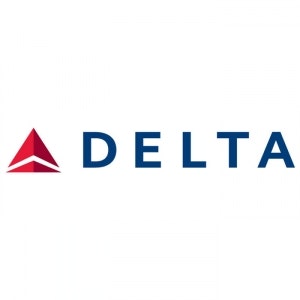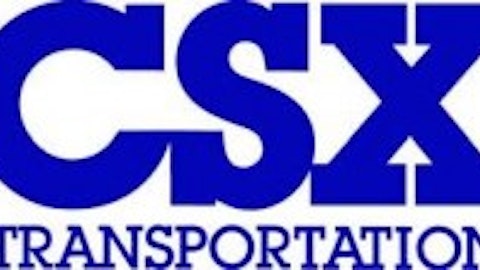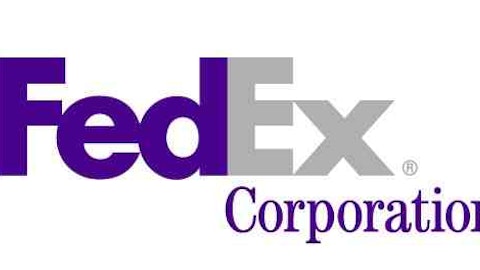In a recent Forbes article, Bill Conerly claims that the price for oil may decline by as much as $20 per barrel. I am not sure if it will happen, but there are several conditions that may push prices lower:
Due to current high oil prices, the total number of rigs has more than doubled since the 1980s. China is showing a steady but continuous slowdown in its economic activity according to contractions in the PMI index. This may trigger a weakening demand for oil and push down prices. Further, the processing of oil sands in Canada may increase the supply of the fossil fuel, which may put pressure on prices. The resolution of the conflicts in the Middle East may also ease concerns regarding supply.
As you can see, there are several issues that could pressure oil prices.
However, this is not all bad news. These companies should benefit from declining oil prices, and they could provide some hedge against oil-related long positions in your portfolio.
Hide out in airlines

According to its most recent quarterly earnings report, the aircraft fuel and related expenses added up to $2.59 billion, significantly down from $3.3 billion for the same quarter a year ago. Even with the 21% reduction, mainly due to the operation of more fuel-efficient aircraft, the fuel expenses accounted for 25% of the total operational expenses.
The decline in oil prices should increase the company’s operating margins, helping the carrier return more value to its investors.
Currently, it pays a modest dividend of $0.24 per share, equivalent to 1.1%. Although it was recently instated, a reduction in its net income may suggest a hike in the interim. On the other hand, Delta Air Lines, Inc. (NYSE:DAL)’s share repurchase program was largely expanded in May to $1.5 billion. Investors should be rewarded handsomely in the near future.
I bet you haven’t thought about this one
Railroad companies may see higher operating revenues. According to CSX Corporation (NYSE:CSX)’s most recent quarterly earnings report, fuel expenses totaled $397 million, totaling almost 20% of the overall expenses of the company.
Since locomotives use large amounts of diesel to operate, declining prices of oil greatly aids CSX Corporation (NYSE:CSX) to capitalize higher net incomes. It is worth noting that CSX used 490 million gallons of fuel in 2010.
On a forward looking basis, the railroad company is allocating large amounts of cash to improve the fuel efficiency of its locomotives. For instance, a locomotive idling reduction technology is being implemented by installing Auxiliary Power Units and Automated Engine Start Stop. This should reduce fuel consumption while idle, and at the same time, it reduces the greenhouse gases emitted into the atmosphere.
On the financial standing, the company managed to increase its revenue by 2% to $3.06 billion on a year-over-year basis. Its net income rose from $512 million, or $0.49 per share, to $535 million, or $0.52 per share.
Another transportation method
FedEx Corporation (NYSE:FDX) is a parcel delivery company with presence worldwide. According to its most recent annual earnings report, fuel expenses accounted for $4.7 billion for fiscal 2013, which is 10.7% of total revenue. The average price for vehicle fuel was $3.81 per gallon, while jet fuel cost $3.22 per gallon.



